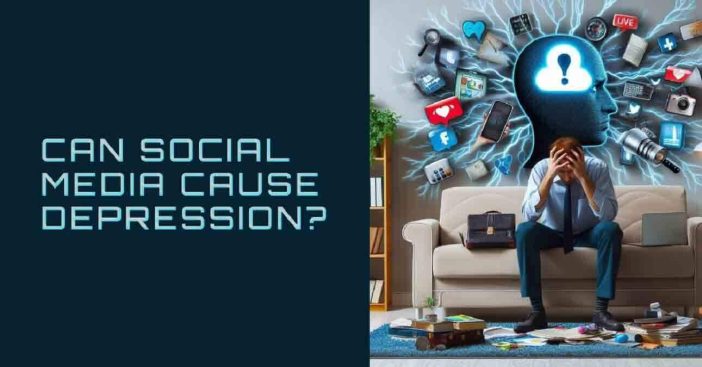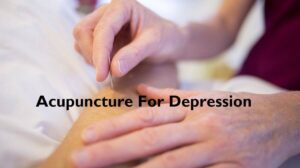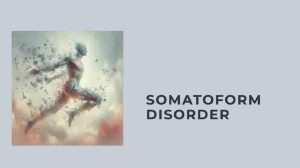
Look at someone who spends their time opening social media like Instagram and Facebook. He saw how great the people were in their feeds.
Can Social Media Cause Depression?
Researchers found that over-using social media such as Snapchatting or Instagraming can lead to depression.
Scientists found there was a link between social media use and depressive symptoms in 14-year-olds, and that relationship may be much stronger for girls than boys. That fact was revealed through research titled Social Media Use and Adolescent Mental Health: Findings From the UK Millennium Cohort Study.
According to research published in the journal EClinical Medicine it noted that women who use social media are 50 percent more at risk of developing depression than men who are only 35 percent. The study compared children who used social media 1 to 3 hours per day.
A study concludes that there is actually a causal link between social media use and negative effects on well-being, especially depression and loneliness. The study was published in the Journal of Social and Clinical Psychology.
Researchers say this is the first time a causal relationship has ever been made in a scientific study.
The study involved 143 students from the University of Pennsylvania. They were randomly assigned to one of two groups: one who would continue their social media habits as usual or one that would significantly restrict access to social media.
For three weeks, the experiment group used their social media reduced to 30 minutes per day – 10 minutes on three different platforms (Facebook, Instagram, and Snapchat).
To maintain this experimental condition, the researchers looked at mobile phone usage data, which documented how much time was spent using each app per day. All study participants must use an iPhone.
The results were clear: Groups that used less social media, though not completely eliminated, had better mental health outcomes.
Early reading for participants was taken at the beginning of trials in several areas of well-being: social support, fear of loss, loneliness, anxiety, depression, self-esteem, autonomy, and self-acceptance.
At the end of the trial, those in the experimental group experienced decreased loneliness and depressive symptoms, with the greatest change occurring in those who reported greater levels of depression.
Meanwhile, both groups saw decreased levels of anxiety and fear of missing out, which the researchers considered potentially coming from users simply becoming more aware of their social media use by taking part in trials.
The Impact of Social Media on Mental Health
The impact of social media has been certainly not forever bad. If you encourage it to have positive interactions, support social activities, and strengthen relationships with relatives, social media can have a positive impact.
On the other hand, unwise use of social media can adversely affect your mental health. Today, social media are often associated as one of the risk factors for depression and anxiety disorders.
The link between depression and social media is not just about social pressure to share or keep up with the latest news. The emergence of this one psychiatric condition is also due to the tendency of social media users to compare themselves to the successes achieved by others.
When you see friends or relatives who have a good job, a good partner, and a beautiful home, you can feel happy. But it is not uncommon for envy to trigger depression, it appears. Even these feelings trigger sui**cidal desires, when seeing your achievements are not comparable to your friends.
Depressive relationships and social media are also related to the connections you have with friends on the network. The connection, which is formed on social media, does not take place through face-to-face. This makes the connection less emotionally satisfying, triggering a sense of isolation from social life.

If you feel social media is having a negative impact on mood, then you may be suffering from “social media depression”. Here are some of the symptoms:
- Low confidence level.
- Speak negatively about yourself.
- Low mood.
- Quick temper.
- Lack of interest in activities that have been carried out.
If you have these symptoms most likely, chances are you’re experiencing social media depression.
The use of social media makes perceptions about the lives and the nature of others change.
Most people like to create an ideal life on social media as if it were building a good image and sometimes not in accordance with real life.
Conclusion
So, Can Social Media Cause Depression?
The use of social media can harm your mental health, especially when it is used more often.
Setting limits on social media use can help minimize this effect.
Read also:
Best of Natural Antidepressants Herbs To Reduce Depression
Thank you very much for reading Can Social Media Cause Depression?, hopefully useful.




